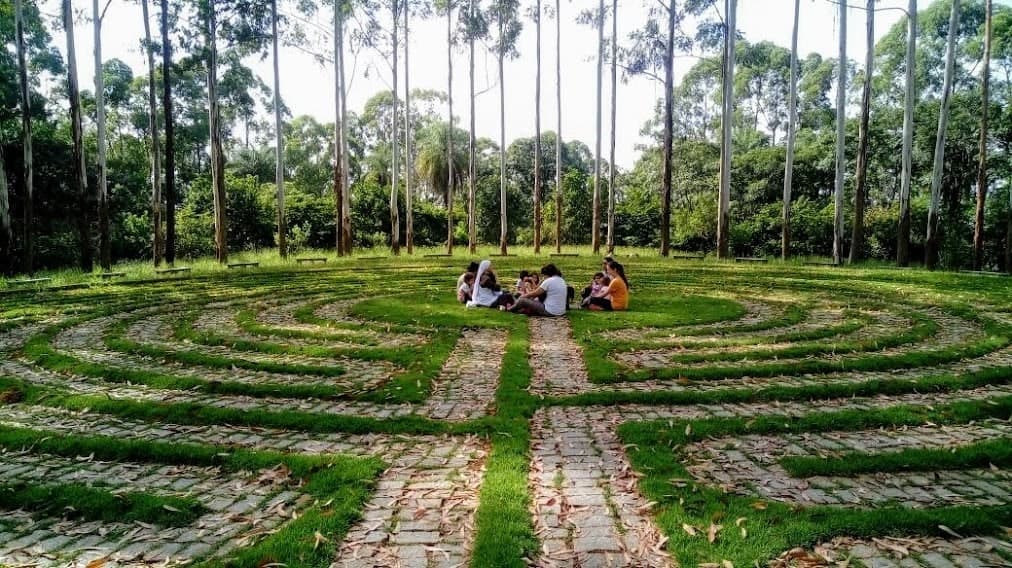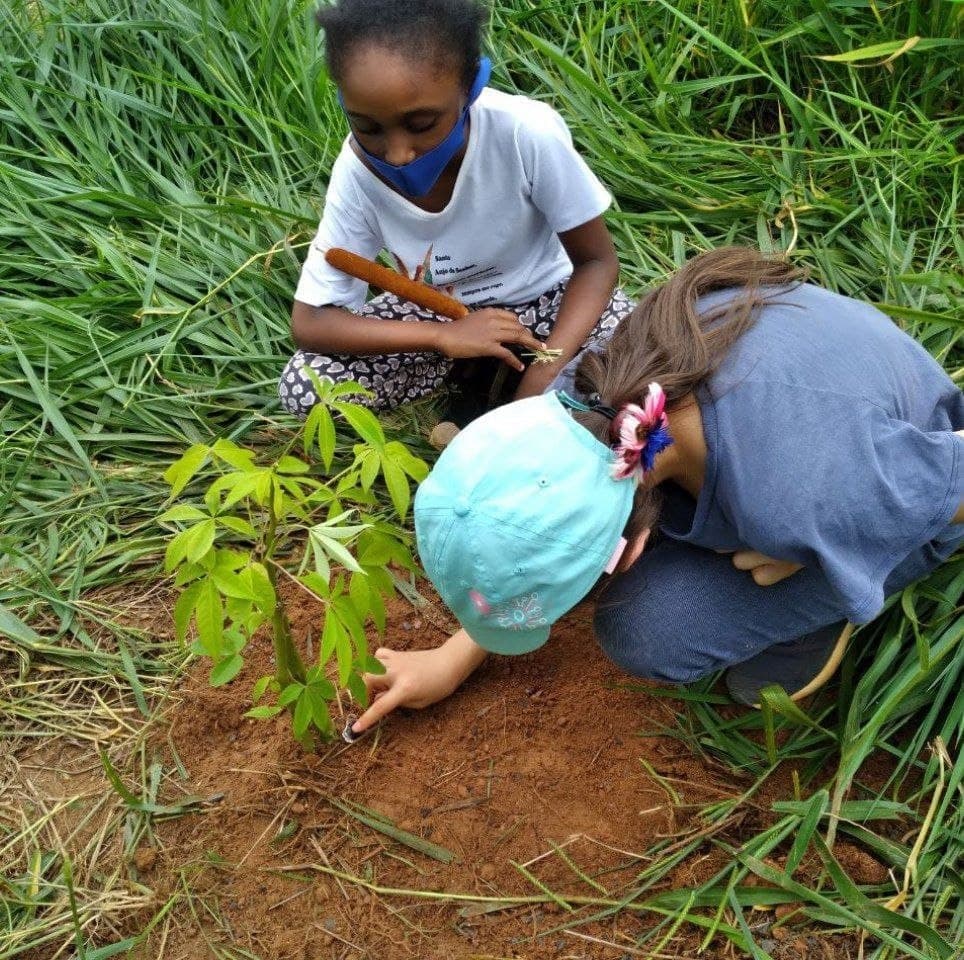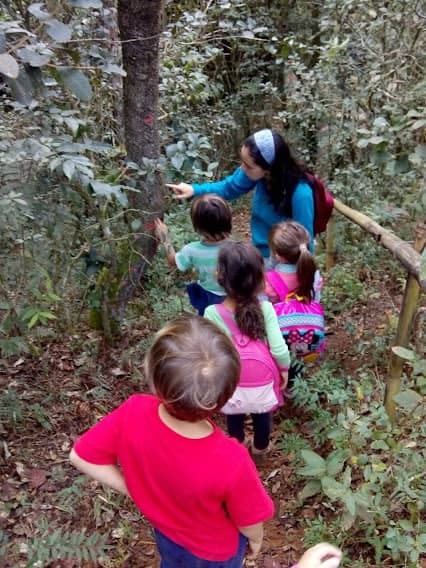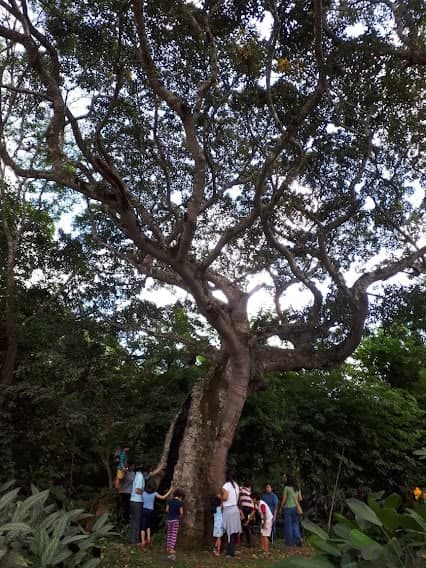Reaffirming fundamental principles for an education of the future
To celebrate the International Day of Education in the current context invites us to take the necessary pause to look at and reflect on the reasons that move us into an enrichment of the field of Education, and anchoring, in the soil of the Parque Tibetano School, our daily activities with the children and the young people in Carmo da Cachoeira, MG.
This reflection enters into attunement with the universal call made to everybody today: that of focusing a light on the urgency of the times we live in and to emphasize the need to look, in the different spheres and dimensions of life, for ways to implement a quality education that on its radar screen has a assurance for supporting universal human rights and reducing inequalities.
As a society, we are advised to reaffirm our responsibility for an education that safeguards Life, the inalienable right of all beings, including the House itself that we inhabit – the planet Earth.
As humanity, we are impelled to respond to the challenge of living the present time, glimpsing possibilities for the education of future generations, the education of the new humanity.
As planetary beings, we are called to consciously tread a new path, based on the living of respect, love, peace, solidarity, fraternity, both in gesture and action that leave behind indifference and the habituation of violence, exclusion, abandonment, destruction, separateness, competitiveness and all acts that forge the planetary scenarios in which human and social problems are rooted.
What courses, then, can we tread in the face of the challenges and the open scenarios of the current planetary context? We walk forward a little, and we ask ourselves what future we, as educators of the Parque Tibetan School, are building for and with our children and young people? To help us in this reflection and bring in elements for glimpsing the direction of the sunlit path of the “future of education” and the “education of the future”, we look for inspiration from Mirra Alfassa, who also helps us to have a dialogue with the Pedagogical Political Project of the School (PPP), a document required for its legal functioning and elaborated within the scope of collectivity, from educational processes and school management. Also known as “The Mother,” Mirra Alfassa, originally from France, spent her life in Pondicherry, in India, at the beginning of the last century. Her biography shows us how she lived and practiced the teachings of Integral Yoga, led by Sri Aurobindo. Coming from that experience and paying full attention to the flow of her inner life, she formulated the principles of an Integral Education and founded the International Center for Education. Around 1968, she founded Auroville, a community recognized by the UNESCO, also called “City of the Dawn”, the purpose of which is to practice communal human unity through diversity, where everybody can live in harmony, irrespective of nationality, race, belief and politics. With The Mother, we seek to perceive the light coming through the gaps in the window and lighting the way. In the gaps, we strive to tread today on the path of the education of the future, creating the conditions so that future generations may have an active part in the world, rather than the passive one of just irresponsibly receiving and benefitting from it and its natural resources. This is how it’s possible to glimpse the sunlit Way manifested in two principles of the PPP of the Parque Tibetano School:
- walking new paths in the ways of knowing the self, others, the world, the Cosmos and other realities not yet glimpsed by the human consciousness. With intentional and systematic educational work, we seek to be aware of what we are and the impact of our presence and of our actions in the world, the planet and the universe.
- to experience an Education understood to be a seed of hope for a better world, practicing more humanized relationships.
In order to think about and carry out education, the urgency of taking our place in educational processes must be highlighted, walking on a path unknown to us and those who we are responsible for. Risks must be taken in the adventure of doing something new, holding self-knowledge and self-development as a premise, trusting and hoping that we can forge something new. A child holds within themselves a lit flame of hope, manifested in their gestures, in their way of seeing, in their responses to challenges in the life around them. We adults need to be aware that our actions can be the “destructive acid in the being, which takes away hope, certainty, trust in future possibilities” (ALFASSA, 1984, p.11), or they can support that flaming star of light. In the beginning, it is a flame, “in its outer manifestation, it is still young, very weak, not recognized, nor even felt” (ALFASSA, 1984, p.11), but it is there in essence and will light up the new path.
It’s not resorting to new ways in the place of old ways of doing education, but rather, of starting on an unknown path, being open to unforeseen events which happen during the process, in the betweens, outlining the step by step, not always very calm and pleasurable, but possible. Sometimes, they seem narrow, dark, stony and demanding paths. A lot of will undertaken, a lot of courage sustained. But to make the journey is an invitation to encounter the experience of the path itself, to be crossed by it and thus be a bridge that joins other paths, other walkers, other routes, other trajectories, other dimensions of reality. In effect, we are being urgently confronted with this need, and only an act of will, of surrender and of Love to experience the unknow is what will move us forward. To fully launch into and have the spirit of adventure is the foundation for letting go of the old ways of seeing the world, life, a child, education, nature, the universe, which have caused humanity to become entrenched in split and exploitive practices in everything and with everyone, and which currently places us face to face with the complexity of the crisis we are experiencing. We believe that, just like The Mother, we are witnessing the birth of a new world and that “the road that leads to it is completely new, never before travelled, with nobody getting there” (ALFASSA, 1984, p.9), and we have confidence in that we are casting the lines for the building of the bridges of the new path.












